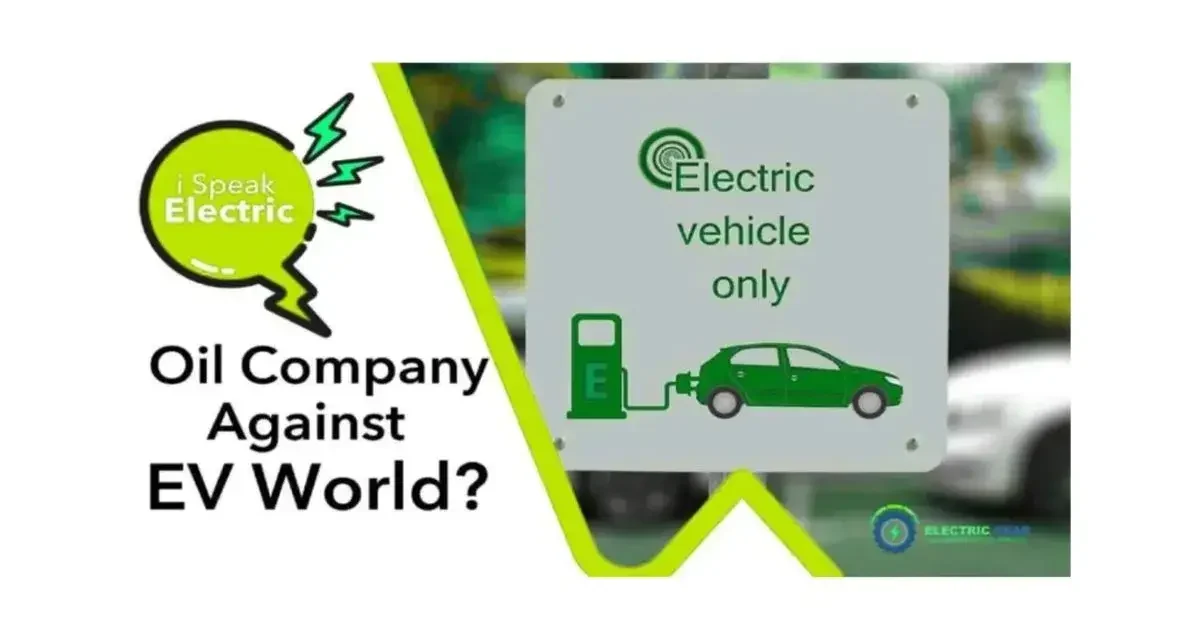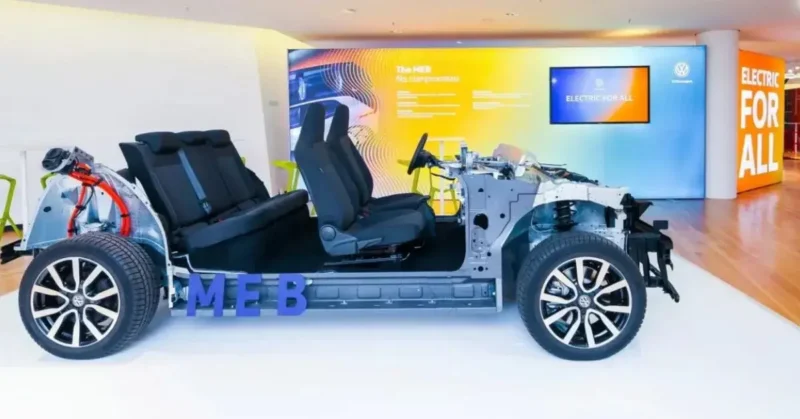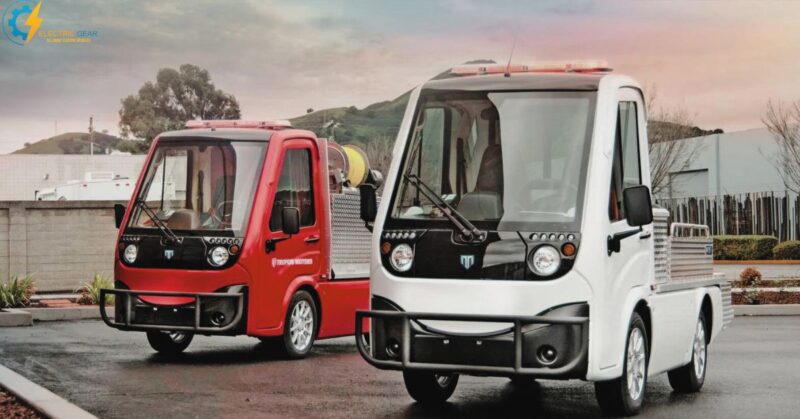Oil is something unknown to electric vehicles. Since they do not have engines and transmissions, using oil in them is impossible. However, they are still familiar with using some other fluids such as coolant, windshield washer, and brake fluid.
Do Electric Cars Use Oil?
EVs do not use oil. However, they use other fluids.
If you are the owner of an EV, it’s time to bade farewell to periodic oil changes as were earlier practiced with your traditional vehicle. Electric vehicles, of course, don’t, in any case, require gas or fuel to keep them running.
However, electric vehicles still use transmission (direct-drive unit) oil, coolant, brake fluid, and windshield washer fluid–all of these must be checked and replaced timely.
What Fluids Do Electric Cars Need?
Your EV may use any of the below-listed fluids.
Transmission fluid
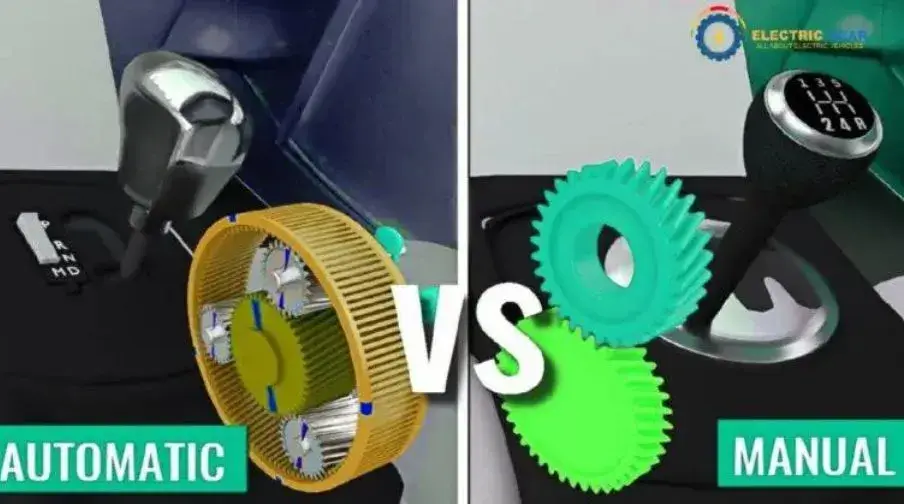
Some electric vehicles use transmission, while others do not. Transmission is, in fact, responsible for transmitting the power of the engine or motor to the wheels for either speed or power, which is done through torque. Conventional vehicles bear gears attached to the transmission. These gears provide an ideal range of torque to the wheels while keeping the rounds per minute (RPM) of the engine ideal too.
The function of the electric vehicle, in contrast, is entirely different. The motor applies the required torque to the wheels in very consistence and efficient way. It means they do not require a transmission to provide the necessary torque to the vehicle.
However, more recently, some manufacturers have introduced different models, such as Tesla Model S, which have a transmission system. Here is where you need to use the transmission oil for lubrication in EVs. So, the use of transmission oil in EVs is mainly determined by the type and model of vehicle you are using.
Coolant
People remain curious about do electric cars use coolant or not. Like conventional vehicles, EV batteries and other heavy-duty electrical parts also heat up. Here, the cooling function for an electric car is the same as for an internal combustion vehicle.
Electric vehicles use coolant to keep the battery cool and to radiate its internal heat. Furthermore, it’s also used for power inverters and cabin heaters.
Brake Fluid
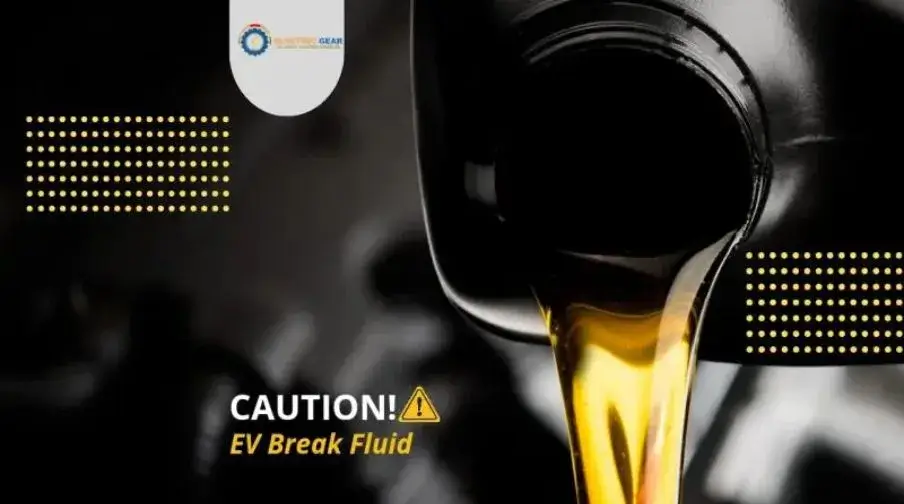
Even though the brake fluid is rarely changed due to the regenerative braking system of an EV in which kinetic energy is converted into electrical energy for charging the battery.
The above-said system reduced the wear and tear of the EVs brakes, and less chance is left to change the brake oil sooner. However, you must check on brake fluid as the brakes of your EV, along with slowing down your vehicle, produces energy to recharge the battery.
Windshield Washer Fluid
The fluid for the Windshield washer needs to be refilled soon if its tank dries or you are constantly traveling. Refrain from refilling dirty water in the screen washer tank to clean the windscreen.
Can Electric Cars Overheat?
EVs themselves are not capable of overheating as these vehicles lack combustion engines. However, some of their parts, like batteries and electric gadgets, can overheat the way an engine in a traditional vehicle does. If not cooled properly, the battery may cause to catch fire. Early EVs were designed to use air cooling systems; however, they turned obsolete soon and were replaced by a liquid cooling system.
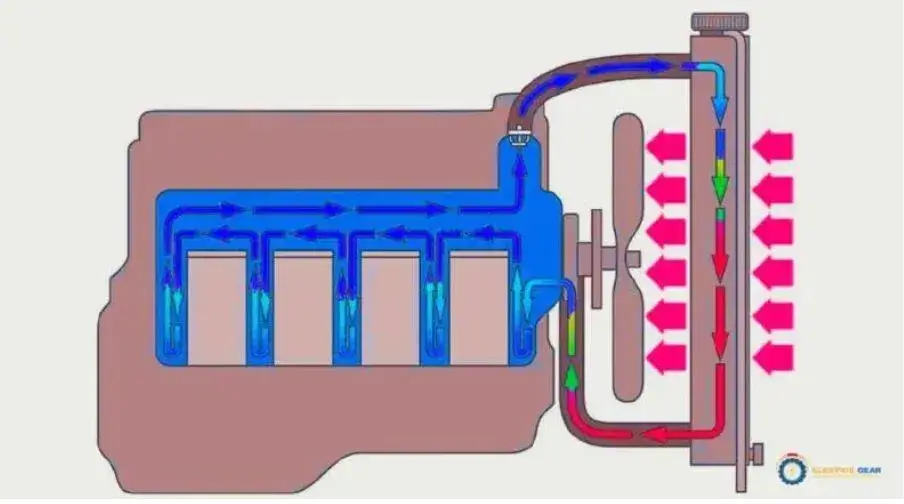
The cooling system circulates the coolant throughout the battery and electronic parts and radiates their internal heat into the air. It maintains the battery operating temperature, which is called a thermal management system(TMS)
Are fluids for electric cars more expensive?
Mostly, the fluids used in EVs are the same as those used in conventional vehicles. In electric vehicles, we will generally use fewer liquids than ICE vehicles. By taking an analytical look at the above-discussed facts, EVs are slightly cheaper to maintain although more costly to repair.
Do Electric cars use water?
Yes. Different EV types and models come with different drivetrains. So, since they don’t use oil, they use water instead. Most EVs today use a water-cooling system instead of an air-cooling system. It makes the battery perform more efficiently and prevents its rapid degradation.
Do electric cars have radiators?
The model or type of EV determines the presence of radiators in them. Some electric vehicles are designed with their radiators in place to cool their battery packs, power inverters, and electric motor. In contrast, others use different methods to cool its different components. Some other electric vehicles, in contrast, don’t use either of the above-discussed cooling methods and, hence experience lower mileage and battery degradation.
Final Word
Oil is something unknown to electric vehicles. Since they do not have engines and transmissions, using oil in them is impossible. However, they are still familiar with the use of other fluids such as coolant, windshield washer, and brake fluid.

Imran is an experienced content writer who crafts engaging and informative articles for a variety of industries. With a keen eye for detail and a passion for storytelling, Imran delivers high-quality content that resonates with readers. Whether he’s writing blog posts, social media content, or website copy, Imran is committed to delivering compelling content that drives results.

